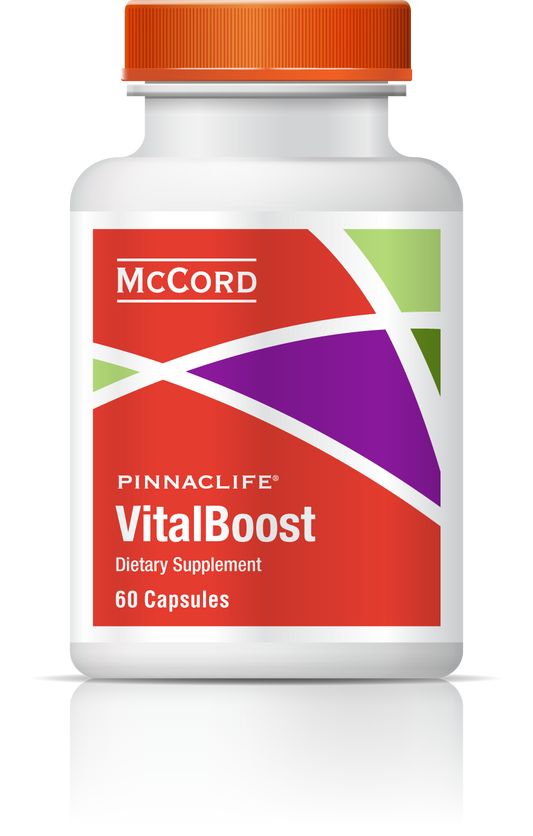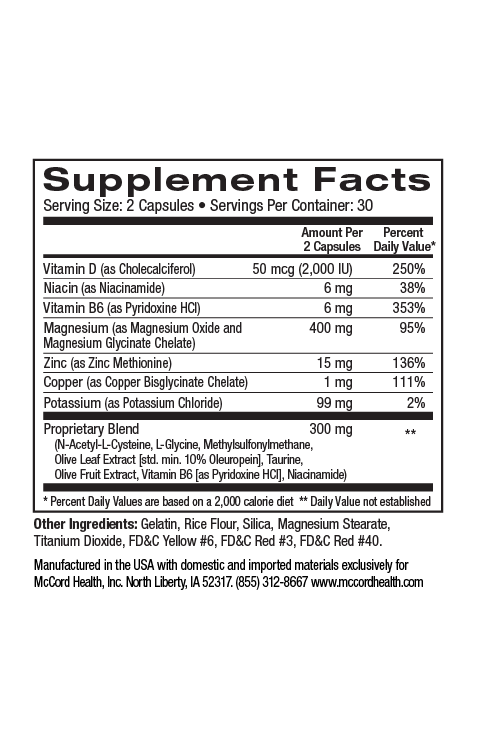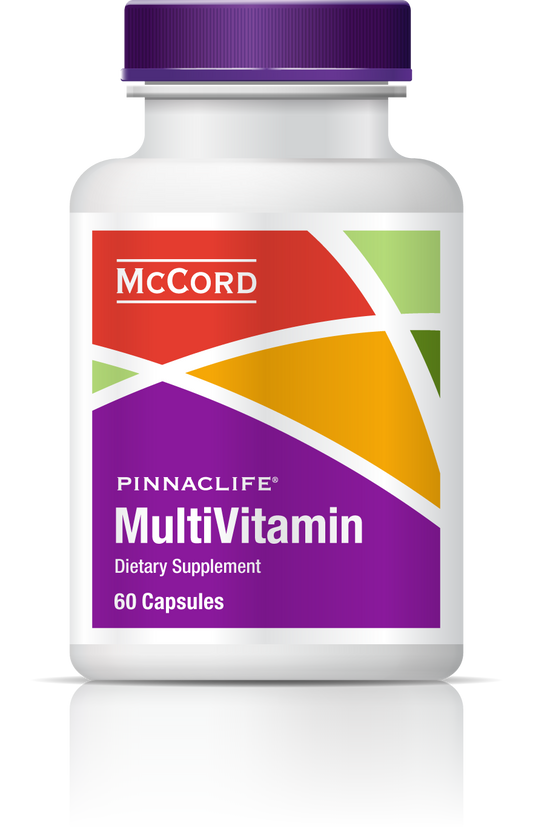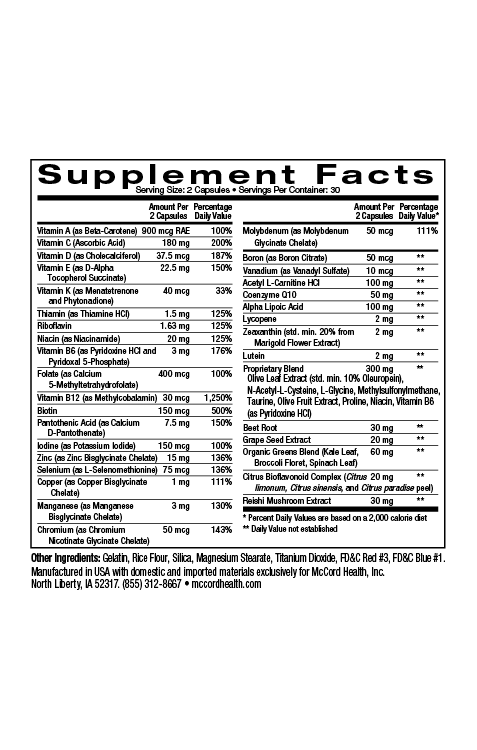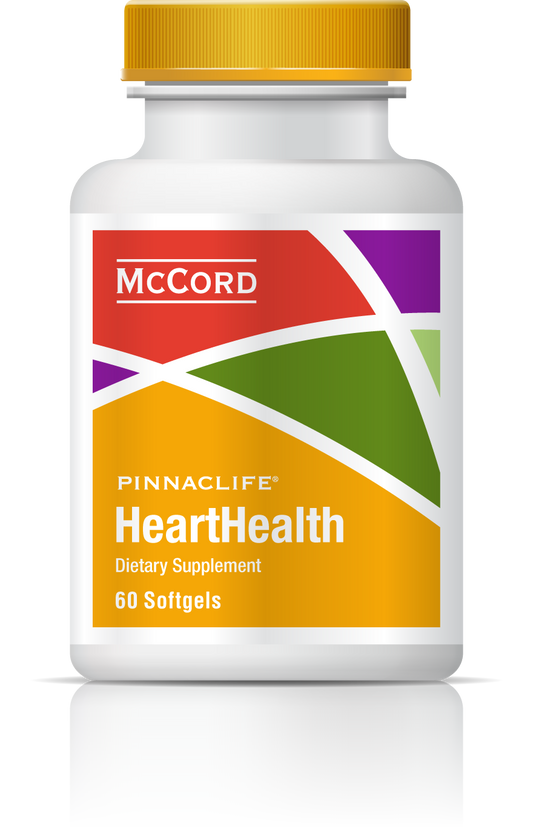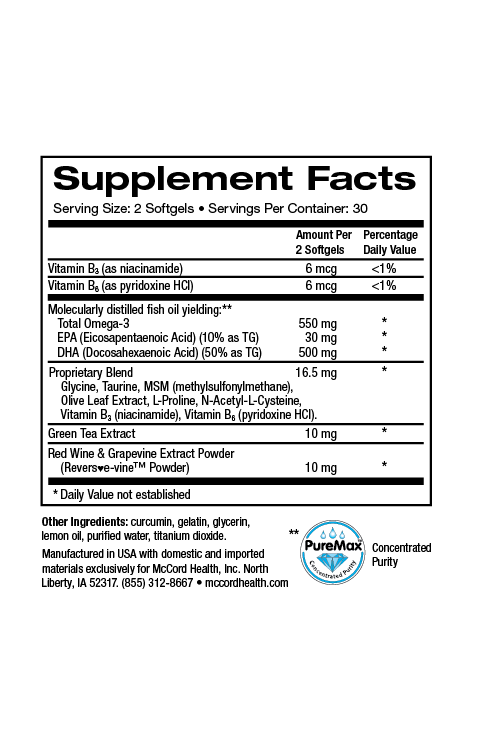Adopting a heart-friendly lifestyle can seem daunting, but it’s all about making small, sustainable changes. In this blog, we’ll explore various habits that are easy to incorporate into your daily routine to keep your heart healthy and strong.
Understanding Heart Health
To begin our journey towards a healthier lifestyle, it’s essential to understand why heart health matters. Your heart pumps life-giving blood throughout your body, and taking care of it can prevent major health issues like heart disease and stroke. Regular check-ups with your healthcare provider can be a proactive step in managing your heart health. By understanding key indicators like blood pressure and cholesterol levels, you can make informed choices to protect your heart. It’s never too early to start prioritizing your heart health, and even small steps can lead to significant benefits over time.
The importance of heart health is often underestimated until it’s too late. A well-functioning heart is crucial for maintaining not just physical vitality but mental well-being too. Understanding the common risk factors, such as smoking, sedentary lifestyle, and unhealthy eating, empowers you to make positive changes. By making a conscious effort to learn and adapt heart-friendly habits, you can be proactive in preventing heart disease, which remains the leading cause of death worldwide. Awareness and education are your first steps toward a heart-healthy future.
Nourishing Your Heart with a Balanced Diet
A diet rich in fruits, vegetables, whole grains, and lean proteins provides the nutrients your heart needs to thrive. Incorporating heart-healthy fats like avocados, nuts, and olive oil can further benefit heart function and overall health. It’s fascinating how something as simple as eating more fiber can improve cholesterol levels and lower heart disease risk. Making these delicious and wholesome foods a staple at your family meals not only cultivates a healthier heart but encourages good nutrition practices for the whole household.
The modern diet often sidelines vegetables and whole grains in favor of processed options, but mindful choices can reshape your dietary habits. The Mediterranean diet, for example, emphasizes the consumption of plant-based foods, healthy fats, and moderate levels of fish and poultry, which can significantly reduce cardiovascular risks. Exploring diverse recipes and cooking methods can transform your meals from mundane to delicious while keeping your heart health in check. Embrace these changes gradually to create a long-lasting, positive impact on your well-being.
The Importance of Regular Physical Activity
Exercise plays a crucial role in maintaining heart health. Engaging in activities like walking, cycling, or swimming for at least 30 minutes a day can improve circulation, reduce stress, and strengthen your heart muscle. It’s remarkable how activities you enjoy can double as a heart workout. Dancing, for instance, is not only fun but also an excellent way to boost your cardiovascular health. Consistency is key, so find activities that you enjoy and can seamlessly integrate into your routine. Celebrate small victories and recognize how each step strengthens your heart.
While structured workouts offer significant benefits, integrating physical activity into your daily life is equally important. Consider opting for the stairs instead of the elevator, parking farther from your destination to add steps, or even scheduling walking meetings. These seemingly minor changes accumulate over time, contributing positively to your cardiovascular health. Exercise, combined with other heart-friendly habits, is a powerful tool in enhancing longevity and overall quality of life. Remember, it’s not about intensity but consistency and enjoyment.
Stress Management for a Healthier Heart
Chronic stress can negatively impact your heart. Incorporating relaxation techniques such as meditation, yoga, or simply taking time to unwind can lower stress levels and benefit your cardiovascular system. Mindfulness practices provide an effective way to deal with daily stressors and support heart health. Regularly dedicating time to activities that bring joy and calm can improve your mental resilience, leading to a healthier heart. Understanding stress triggers and learning to respond with mindfulness can transform stress management into a powerful ally for heart health.
Learning stress management isn’t just about immediate relief; it’s a long-term investment in your heart’s future. Deep breathing exercises and guided imagery can provide instant stress relief and are easy to incorporate into a busy routine. Establishing a consistent self-care routine can drastically reduce the harmful effects of stress on your heart. Whether it’s reading, gardening, or spending time with loved ones, identify activities that recharge your mental energy and nurture them regularly. A holistic approach to managing stress supports not just your heart but your overall happiness and well-being.
Regular Health Check-Ups: Keeping Track
Regular check-ups with your healthcare provider help monitor heart health indicators like blood pressure, cholesterol levels, and heart rate, allowing for timely interventions if necessary. These appointments are an opportunity to catch potential problems early and adjust your lifestyle as needed. Open communication with your healthcare provider ensures you have the support and guidance needed to maintain optimal heart health. Through these regular consultations, you can stay informed about the latest heart health strategies and adjust your habits accordingly. Remember, prevention is always better than cure.
Embrace a Heart-Healthy Lifestyle
Incorporating heart-friendly habits into your lifestyle can lead to a healthier, more vibrant life. By focusing on balanced nutrition, regular exercise, managing stress, and regular health check-ups, you can significantly improve your heart health. Start making these changes today for a brighter, healthier tomorrow.


